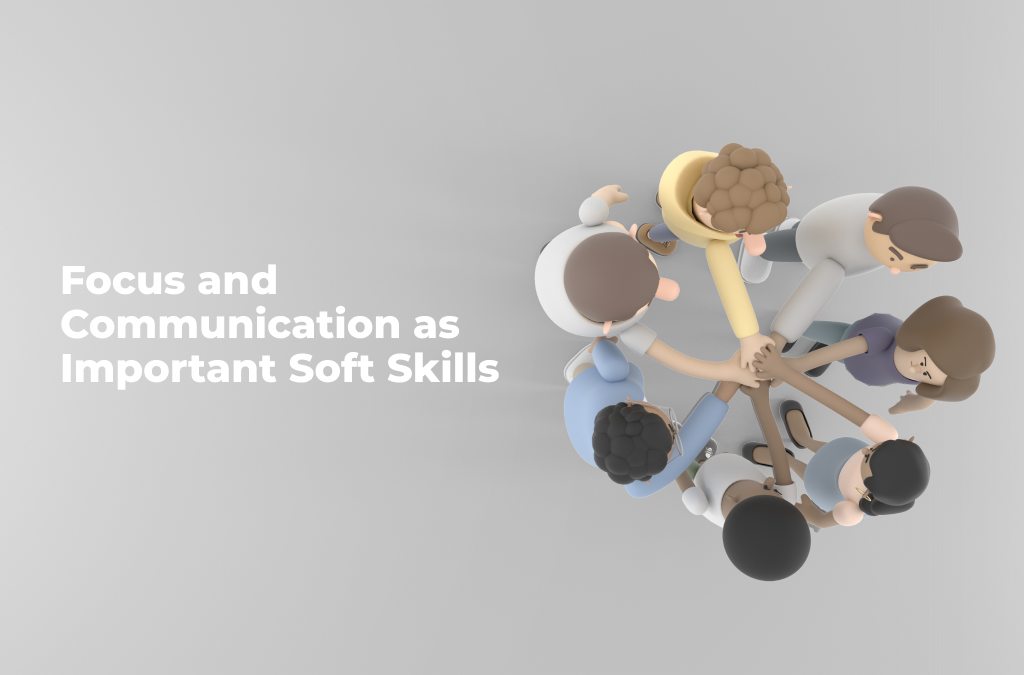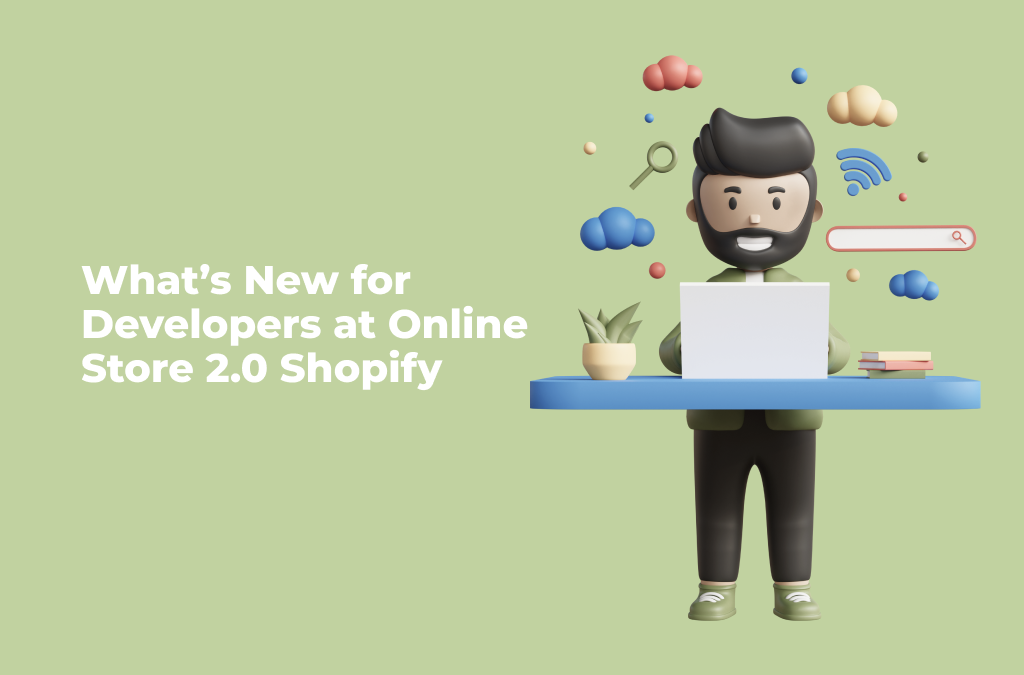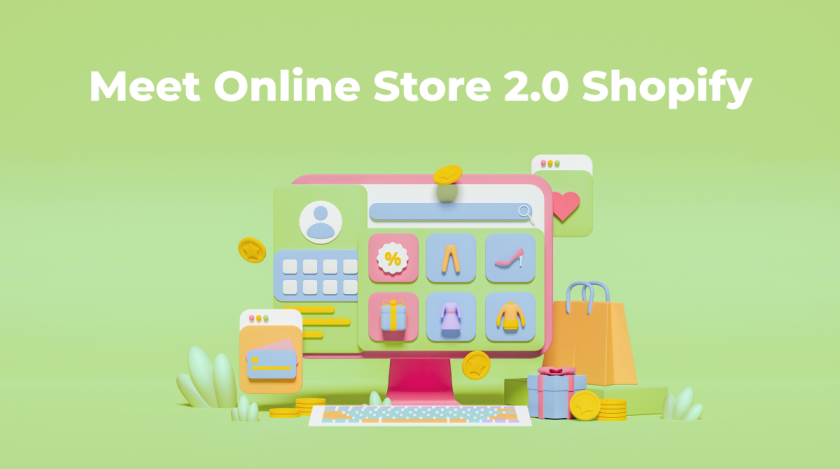Meet Online Store 2.0 Shopify
The online store 2.0 Shopify has notably improved how themes for Shopify are developed. This update was introduced a few years ago. Since then, it has positively influenced the functionality of one of the biggest eCommerce platforms. It may not be obvious to visitors, but it is important for developers. Moreover, Shopify continues to be the #1 choice for eCommerce projects. Creating intuitive designs and experiences with this update is now a lot easier. Any store owner can use the potential of the updated theme editor. It allows for building a storefront that is flexible and optimized.
As you may have guessed, in today’s post we are going to talk about the benefits of this update. Moreover, we’ll take a look at Store 2.0 from the perspective of a Shopify theme developer. Aside from the numerous features that it has, you’ll learn more about its impact on theme development. Furthermore, we’ll cover how the skills of Shopify developers influence their work. We’ll talk about the diverse responsibilities of developers, too. Lastly, we’ll explain what this new update of Shopify has for developers and why it allows them to build more varied and customizable themes.
Online Store 2.0: New Features and Advantages
As we mentioned above, the online store 2.0 Shopify has introduced noticeable improvements for developers. Let’s look at these changes in detail. First of all, the updated version of the store adds a lot of benefits to the store architecture. It allows for more sections on every page and not just on the homepage like before. Furthermore, the latest version of Shopify gives a store owner better control over the website’s content. Aside from these features, the update also includes:
- New Shopify theme;
- Updated tools for developers;
- Changes and improvements to the theme editor;
- App blocks;
- Dynamic sources etc.
These changes alone are the reason why Shopify developers find Store 2.0 easier to use. All in all, the update provides significant improvements to the way themes are created. For example, it provides easy integration of apps into any new Shopify theme. This means a developer doesn’t need to add specific integrations to the code of every theme they work on. Moreover, the merchants now have access to improved metafields that also don’t require the use of code or Shopify API. They also support media upload via File Picker. Needless to say that it required additional changes to the Shopify theme editor. Now it allows you to easily navigate your theme’s content using a simple yet effective sidebar.

Who is a Shopify Developer?
Before we learn how developers can benefit from these features of the online store 2.0 Shopify, let’s find out more about who a Shopify developer is and what tasks they deal with. Developers perform and control the development process of themes. They need to be well-acquainted with various aspects of creating solutions for Shopify. Furthermore, it is essential to always make sure of the top-notch integration of diverse store-related functions. Any Shopify developer must be well-educated and experienced in front-end development, UI/UX design, and web design.
Such expertise may seem usual for any web developer. However, an expert in Shopify also needs to understand how an online store works and what it requires. From app development to payment system integrations, there are a lot of additional aspects that are decisive for Shopify developers. Most importantly, they provide proper connection and seamless functioning of diverse online store systems. An experienced developer also knows how to customize your store and make it look unique as well as distinctive.
Top Skills Every Shopify Developer Needs
The abovementioned tasks that a developer needs to deal with are just a part of what’s needed when working with the online store 2.0 Shopify. It is also important to focus on other sides of work as a developer. This means having diverse technical and soft skills. Even if developers work on a freelance basis, such skills as communication and focus play a huge role in their work. While specific skills and knowledge may vary from one project to another, they often include a set of abilities and certain competence that is required to complete most Shopify development projects, for example:
- Knowledge of HTML, CSS, and JavaScript;
- Communication;
- Being able to focus and meet deadlines;
- Liquid knowledge;
- Migrating Shopify store;
- Marketing tools integration.
This may not be the most complete list of necessary skills for a developer. However, it includes all abilities that are useful if you are just starting out in the world of Shopify development. Honing them will help you advance further and create new impressive eCommerce projects and themes. Moreover, through learning the basics you can get a better understanding as a merchant of how Shopify works. This will help you not just improve your store in the future but also create new complex interfaces and solutions for the platform.
Using Web Technologies as a Shopify Developer
Now let’s explore all the mentioned skills and abilities in detail. Any developer of online store 2.0 Shopify needs to know how HTML, CSS, and JavaScript work. These languages are the basis of any web development project. HyperText Markup Language and Cascading Style Sheets allow devices and applications to properly display the layout, styles, and content of your website. Additionally, the knowledge of JavaScript allows developers to increase the interactivity of their websites. For example, animating various sections of your website is impossible without JavaScript. Frameworks/plugins based on it can also help a lot. Also, using it can help you spice up the overall look of your store. You can even add new elements such as a sale countdown timer.
However, these technologies are just a part of what’s needed for a Shopify developer. Anyone building online stores for this platform also needs to know about Liquid. It is the template language used for communication between HTML and data storage. It allows the rendering of dynamic content that can be displayed throughout the website. Being easy to edit, Liquid is purposefully limited. It is done to ensure a developer has access to data without extra coding. The Liquid code has built-in variables and delimiters. It makes this language more functional and easily distinguishable from HTML. Other features such as filters, loops, and operators are great for creating product comparisons, selections, and collections. They have immense potential without being too complex even for a beginner.

Focus and Communication as Important Soft Skills
Soft skills play a vital role in the work of an online store 2.0 Shopify developer. It is even more so when you work in a team. Proper communication is one such skill. It allows all web developers, designers, and QA specialists to effectively perform their work. Moreover, the successful completion of various tasks often depends on well-established communication between team members. This also concerns teamwork. Even for freelancers, communicating with their clients has an impact on the result of cooperation and the project itself.
Another useful skill for a developer is being able to focus on a certain task. This is especially crucial to those who begin their way into web development. When working on a bigger task, we recommend setting smaller goals. Also, don’t forget about taking breaks every once in a while. Besides, you need to plan your work properly to meet the deadline set by your client. This is equally important for both freelancers and developers working in a team.
Integrating Shopify Apps and Migrating Your Store
Aside from soft skills, developers rely on other abilities. They can ensure successful work with the online store 2.0 Shopify. With constant updates and improvements to this platform, any developer must know how to migrate their websites to the latest version of Shopify. This is also true if you transfer your store to a new platform. Planning and setting up everything before migration helps you prepare for changes. Online stores may often take time for maintenance. This way their developers could change the platform without any issues for the customers. Additionally, some customers may experience troubles when migrating to Shopify from another platform. To help you avoid it, our team is glad to offer migration services for an additional fee. This way you won’t have to worry about losing any data during migration. Feel free to get in touch with us for more information about this offer.
Lastly, we’d like to talk about marketing tools for Shopify. Knowing how to work with them is also essential for any eCommerce developer. Marketing, advertising, and promotion play a huge role in the development of any website. For eCommerce, it is twice as important. The store’s success depends on the number of clients that visit it daily. That’s why Shopify offers a wide selection of apps – specific software designed for varied purposes. From connecting with your social accounts to managing email newsletters, product reviews, and loyalty programs, hundreds of apps can simplify different routine tasks.

What’s New for Developers at Online Store 2.0 Shopify
With these skills, any eCommerce developer can benefit from the online store 2.0 Shopify. While we described some of the advantages, let’s take a more detailed look at them. First of all, this update simplifies the work of theme developers. It allows them to drastically increase their efficiency. Moreover, using the new Dawn theme developed by Shopify, you can get better loading times. Overall performance was also heavily improved. And it is obvious that the faster your store loads the more clients it retains.
To put it simply, the new update makes Shopify easier to use. This is true for developers of any skill level. It is reflected in the updated UI of the Shopify theme builder as discussed before. Furthermore, with the modular app blocks, it takes less time to integrate Shopify apps. Now it can be done on any store page. You don’t even have to add extra code to make it work properly. Shopify CLI (a command-line tool for developers) was also updated. One of the biggest changes it has is Theme Checker. It scans themes for syntax errors and related issues. Then, the tool informs developers about found errors. This provides faster work on themes for the platform. Now, there’s no need to check everything by yourself.
Online Store 2.0 Shopify Overview: Conclusion
We hope this overview of the online store 2.0 Shopify update was useful to you. The latest version of Shopify undoubtedly advances the growth of eCommerce. With affordable pricing options and easy-to-use UI, anyone can set up their store quickly. Besides, if you are a developer and looking for a new platform to start with, choosing Shopify may be your step to improving your skills and exploring new horizons. Whatever you prefer, now this platform is more attractive than ever. And if you are just starting, we will be happy to provide any assistance.
For those of you interested in Shopify guides and articles, we’d like to invite you to our blog. It contains a lot of interesting publications and reviews of our solutions. Don’t forget to visit our website and view the regularly updated theme catalog with designs that will fit any website. Also, don’t hesitate to share your opinion in the comments about what you’d like to read next. And if you prefer getting news and updates via social networks, feel free to follow us on Facebook and Instagram. The Zemez team tries its best to deliver the most informative articles for those interested in Shopify.












